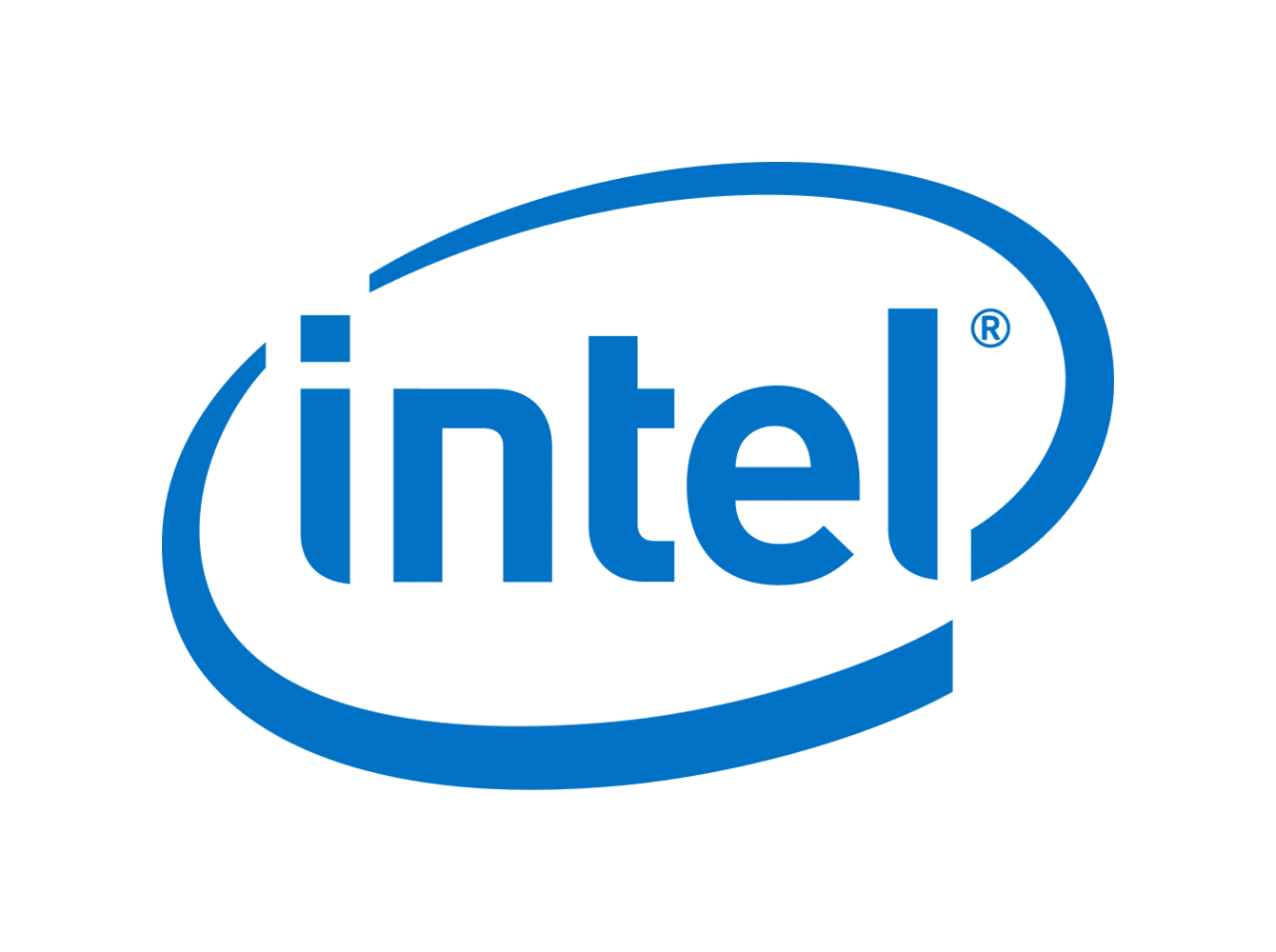

More info needed:
- what 500w PSU?
- CPU power limits?
- CPU cooling?
- what are the temperature and power consumption of the CPU like doing those stress tests / benchmarks vs Winrar?
High performance simply prevents your CPU from downclocking, which typically generates more heat and uses more power, but does little else useful. Do you have a verified and valid reason to not be using Balanced on your system, as opposed to “this article said…”?
Disabling hyperthreading basically limits heavy multithreaded performance by about 20%, thus reducing power consumption and heat production.
What are these “other tweaks” you’re talking about? Whenever I see someone disable Hyperthreading as a cure for a crashing problem, I wonder where they’re getting that particular idea from.
I know there are things that can help latency etc for audio, but many of those guides / practices / tweaks are based on old technology and old conventional wisdom that may not apply to modern CPUs. If you see a clear and noticeable difference between having these tweaks and NOT having them on your current specific hardware, then by all means stick with them, but if it’s just placebo or “this is what I’ve always done” then I would first see what it’s like without them… and then take the time to see which tweaks are actually doing something useful.